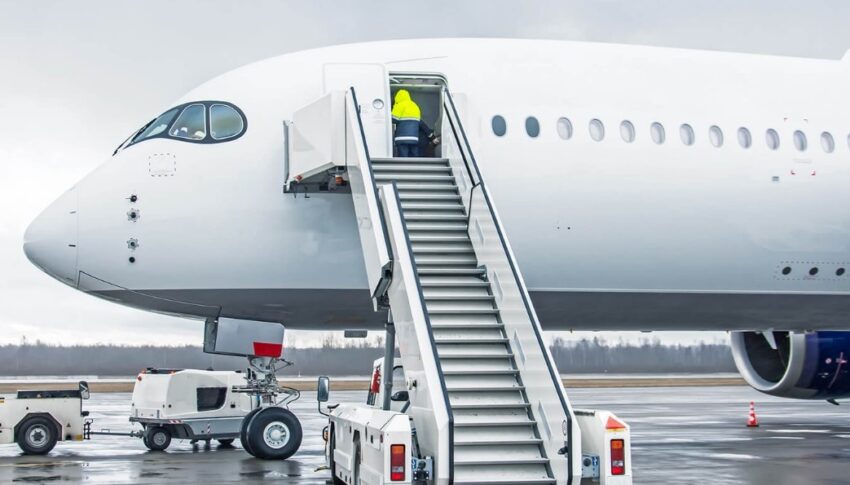Global maintenance, repair and overhaul (MRO) spend will grow 2.2% annually over the next 10 years, from $112bn to $138bn, in response to faster than expected traffic recovery and fewer retirements, according to a new report from Alton Aviation Consultancy.
The global aviation advisory firm today released its independent annual Global MRO Demand Forecast, providing in-depth insight into the trends driving the growth of MRO spend. The report shows that higher material costs and labour cost inflation, alongside traffic recovery and retirement trends, will contribute to significant year-over-year MRO demand growth compared to historical rates.
Supply chain challenges
Adam Guthorn, report co-author and managing director in Alton’s New York office, said: “Supply chain challenges and a lack of skilled workers are causing airlines to delay aircraft retirements, which in turn is boosting MRO spend, with older aircraft requiring more maintenance intensive overhauls. Likewise, the rapid recovery of air traffic has resulted in greater demand for MRO because airlines are increasing aircraft utilisation to better meet passenger demand. “MRO growth is being driven by strong demand in Asia Pacific in particular, which accounts for 35% of global MRO demand globally, with North America and Europe each representing around 20% of global demand.
“There’s also uneven demand in terms of MRO segments – with engines the largest contributor, accounting for 52% of spend in 2022. With new generation engines gradually replacing mature generation engines, we can anticipate that overhaul events of new generation engines will increase from 25% of total events in 2023 to 69% by 2033. Poor reliability of new generation engines are also impacting the MRO market, with many new generation engines having shop visits at intervals much sooner than their predecessor engines.”
Joshua Ng, report co-author and director in Alton’s Singapore office, added: “An additional contributor to MRO growth will be the modifications sector, which continues to grow faster than the overall rate of the industry. Airlines are seeking to optimise their aircraft configurations to improve profitability, which means implementing cabin modifications more frequently as they compete on product quality.”
Alton’s report also notes the uncertainty surrounding the airline industry and passenger demand recovery, and explores the potential impact of workplace shortages, supply chain disruptions and macroeconomic challenges to include inflation, interest rates, and the Russia-Ukraine war, which are all driving increased levels of uncertainty.
Image: Alton Aviation Consultancy

First published by FINN: www.wearefinn.com
Sep 26, 2023 – 12:25 pm


